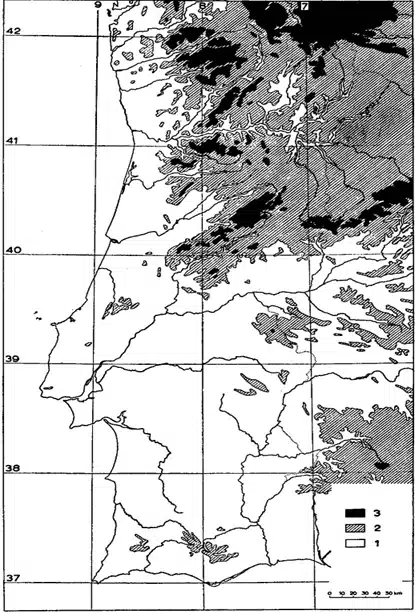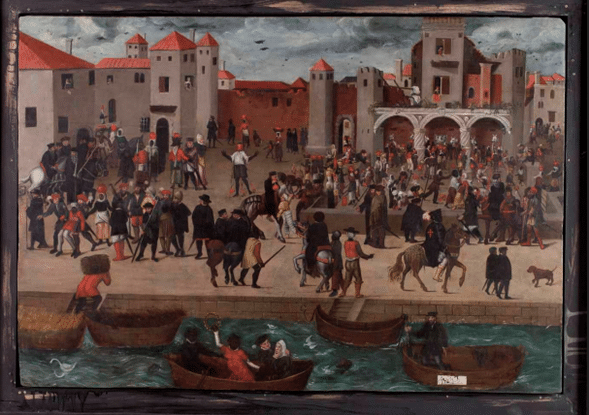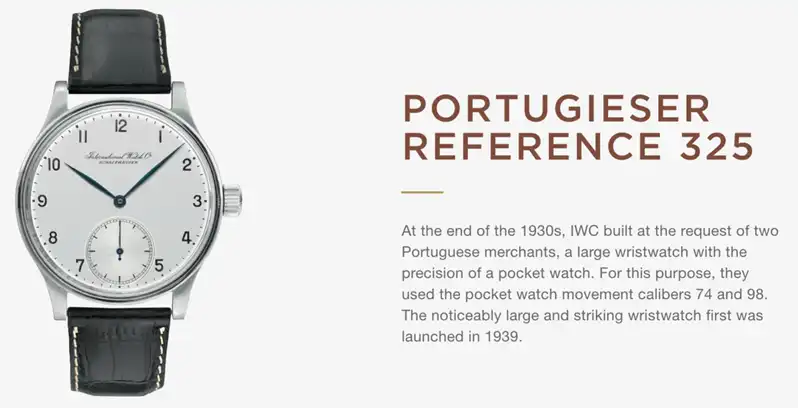Portugal’s and/or Portuguese origins
Basically, one can identify two main schools of thought about this, namely one betting on historic chance, defended by Oliveira Martins and Alexandre Herculano, and another insisting on structural factors of the geographic, linguistic, cultural and ethnic kind, supported by writers such as Leite de Vasconcelos, Mendes Correia, António Sardinha, and Jaime Cortesão.[i]
The first stride or arguments about Portuguese origins would emphasise the role of historic figures and specific events in the context of the struggle among Christian reconquest leaders on the Iberian Peninsula, even if incorporated by landlords of French/Burgundy and other origins. Amorim Girão calls our attention to the fact that some regions of nowadays Portugal would show more differences between them than with neighboring Spanish ones.[ii]
Damião Peres, whom we have been following so far, points to an alleged fragility of the structural propositions on Portuguese origins and prefers to state that Portugal was borne from an internal evolution in association with an independent spirit personified in the portucalense barons, i. e. from the predecessor dependent county which was transmitted and enlarged from generation to generation.[iii]
In the context of Portuguese origins, Orlando Ribeiro[iv] called our attention to the fact that less than a century after its independence in the twelfth century Portugal had acquired its final almost exact continental borders, which proved to be today among the most ancient and stable of the world. It had taken one and a half century to consolidate Christian domination over the Douro area, two centuries from the Douro to the Mondego, 80 some years to reach the Tagus river, and another century to occupy the Alentejo (literally Beyond the Tejo), and the Algarve (the Arabic West). In only 114 years during the first five reigns, two thirds of the current area of Portugal would have been incorporated.[v]
Orlando Ribeiro stresses the fact that Portugal would have been the only Iberian peripheral region so far to have successfully resisted the centripetal forces of political unification under Madrid/Castella.[vi] Jaime Cortesão[vii] – inspired by Alexandre Herculano – calls our attention to the democratic factors behind the formation of Portugal as an independent country and the specificity of its Portuguese origins, which would have come into play as an alliance between the rising oceanic merchant class and the king against the clergy and aristocratic classes, and which would have reflected in the extensive power allocated to the municipalities/townships (counties/towns), solidifying its Portuguese origins.[viii]
Other commentators on Portuguese origins, quoted by Jaime Cortesão[ix] would make the parallel between the relationship of Portugal with Spain with the one of Holland with Germany, underlining the common decisive role of oceanic activities as a differentiating factor.
Further on the question about Portuguese origins, Orlando Ribeiro[x] calls our attention to the transition element between the Mediterranean and Atlantic worlds of the geographic position of Portugal, impersonated by the Algarve and Minho regions. Similar transition could be spotted between the Moorish/Arabic vestiges, namely in the language, predominant in the South, and their absence or rarity in the North.[xi]
Both authors investigating the Portuguese origins, Orlando Ribeiro and Jaime Cortesão, stress the fact that already in the twelfth and thirteenth centuries Portuguese merchants and fishermen were given licenses to pursue their activities in several European countries, like the British Isles, French and North-European harbors.
A quote on the subject of Portuguese origins:
“The Story of Portugal possesses a peculiar interest from the fact that it is to its history alone that the country owes its existence as a separate nation. Geographically, the little kingdom is an integral portion of the Iberian peninsula, with no natural boundaries to distinguish it from that larger portion of the peninsula called Spain; its inhabitants spring from the same stock as the Spaniards, and their languagediffers but slightly from the Spanish.” (from “Portugal. The Story of the Nation”, by Henry Morse Stephens, LMP-History and Civilization Coll., 2019, p.13)
[i] Based on Damião Peres “Como nasceu Portugal”, Vertente, Porto, 9th edition, s.d., p.7-15
[ii] ibidem, p.20
[iii] ibidem, p.38 and 74
[iv] “A formação de Portugal”, Ministério da Educação. Instituto de Cultura e Língua Portuguesa, Lisboa, 1987, p.21
[v] ibidem, p.52
[vi] ibidem, p.43
[vii] “Os factores democráticos na formação de Portugal”, Livros Horizonte, Lisboa, 1974
[viii] ibidem p.98 and 218
[ix] ibidem p.232
[x] “Portugal, o Mediterrâneo e o Atlântico”, Livraria Letra Livre, Lisboa, 2011
[xi] ibidem, p.88-90
See more: Portugal



